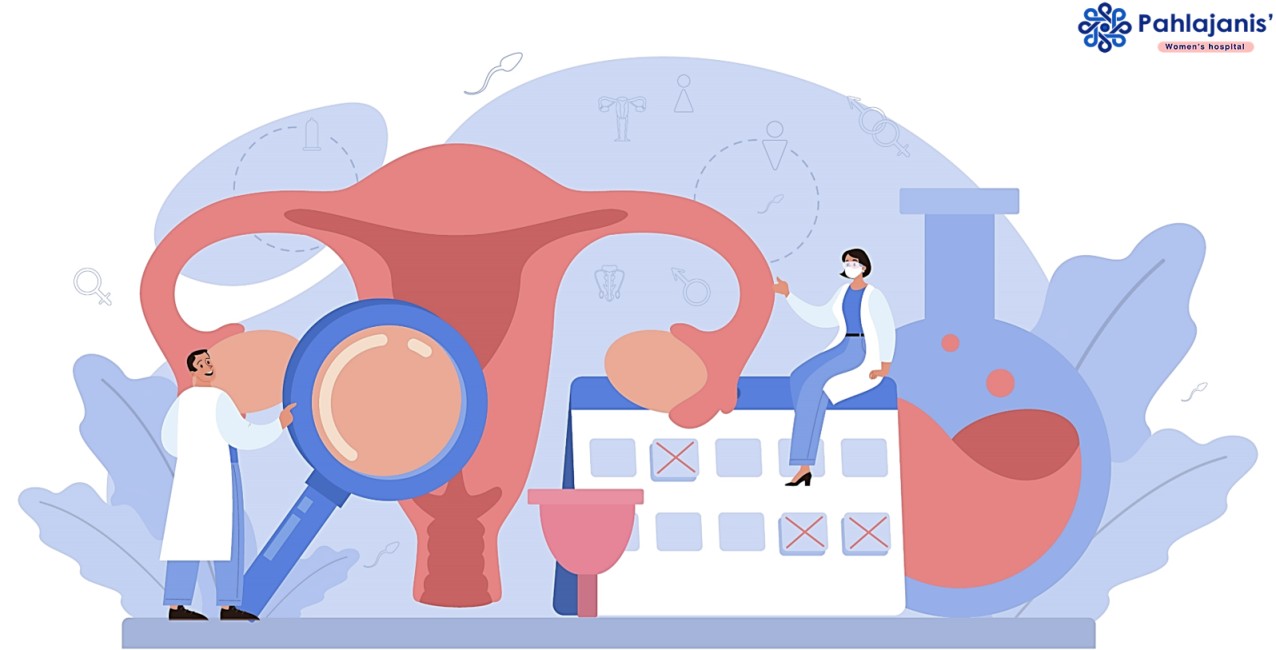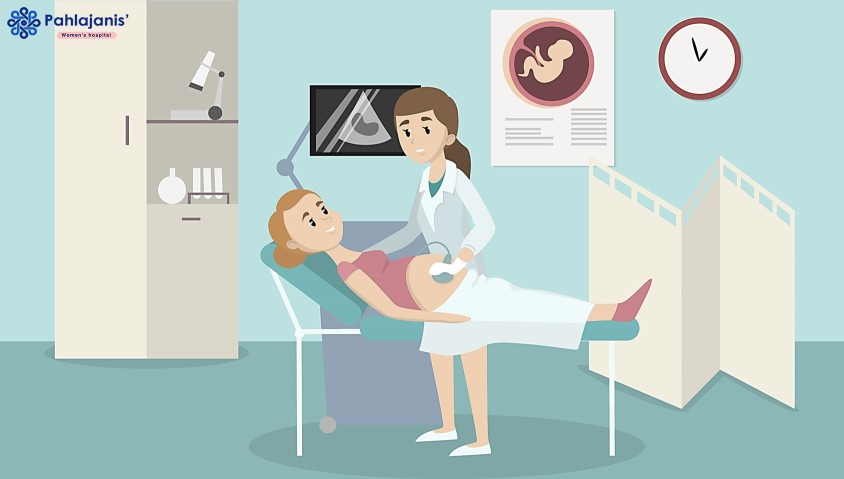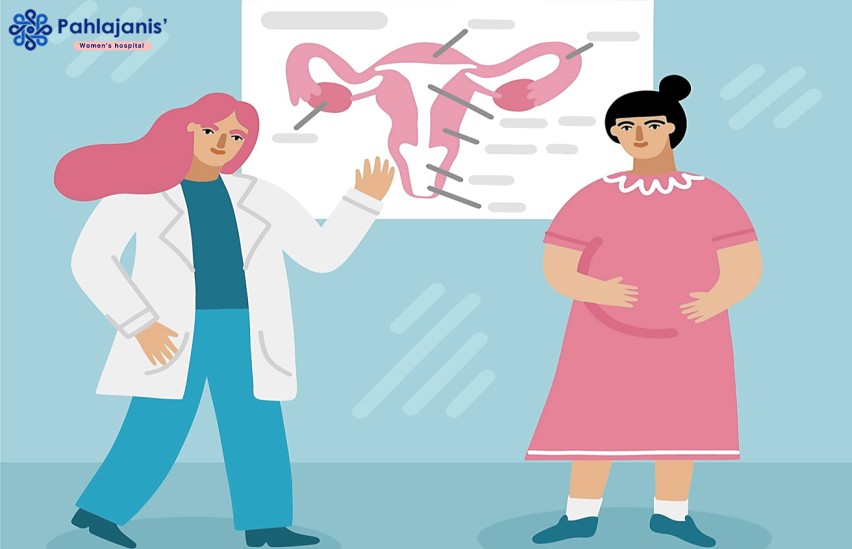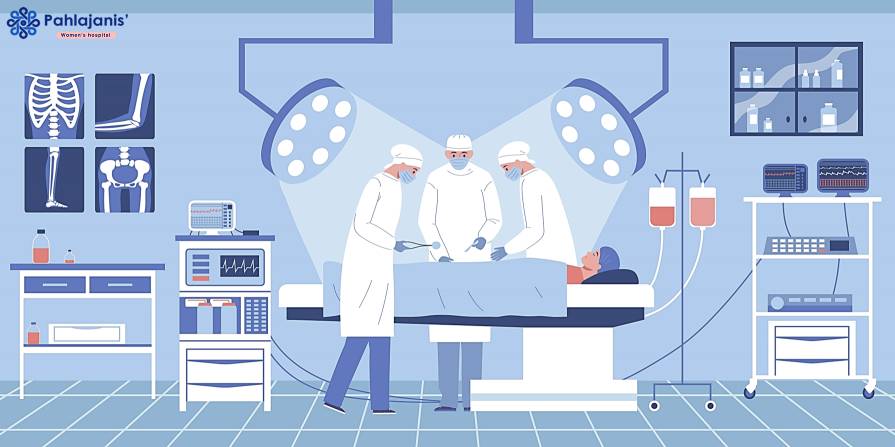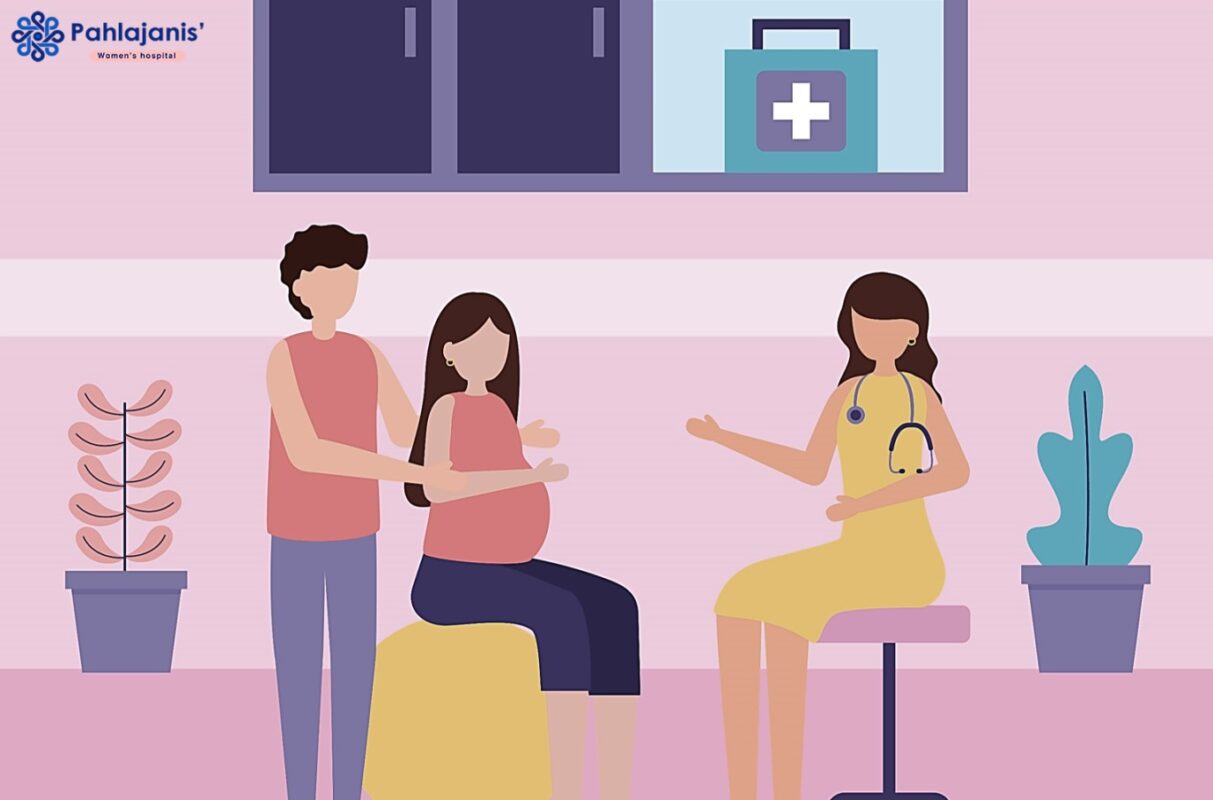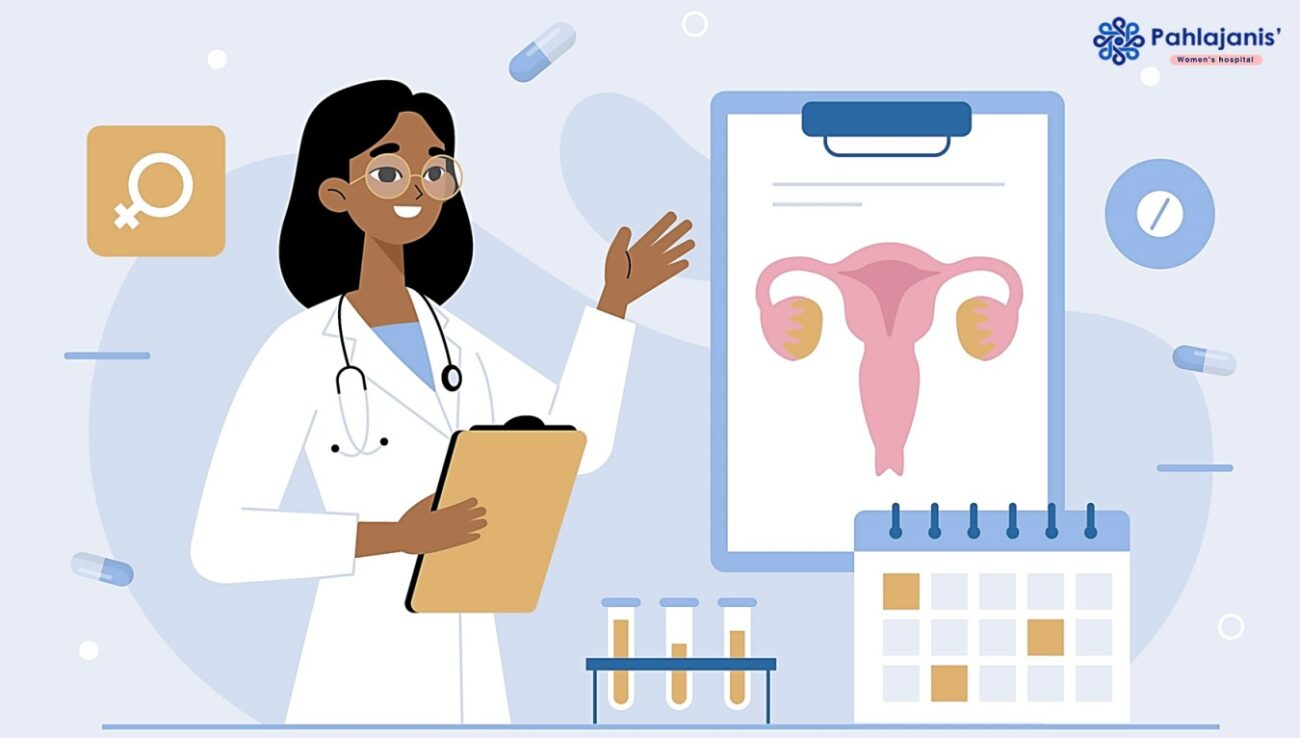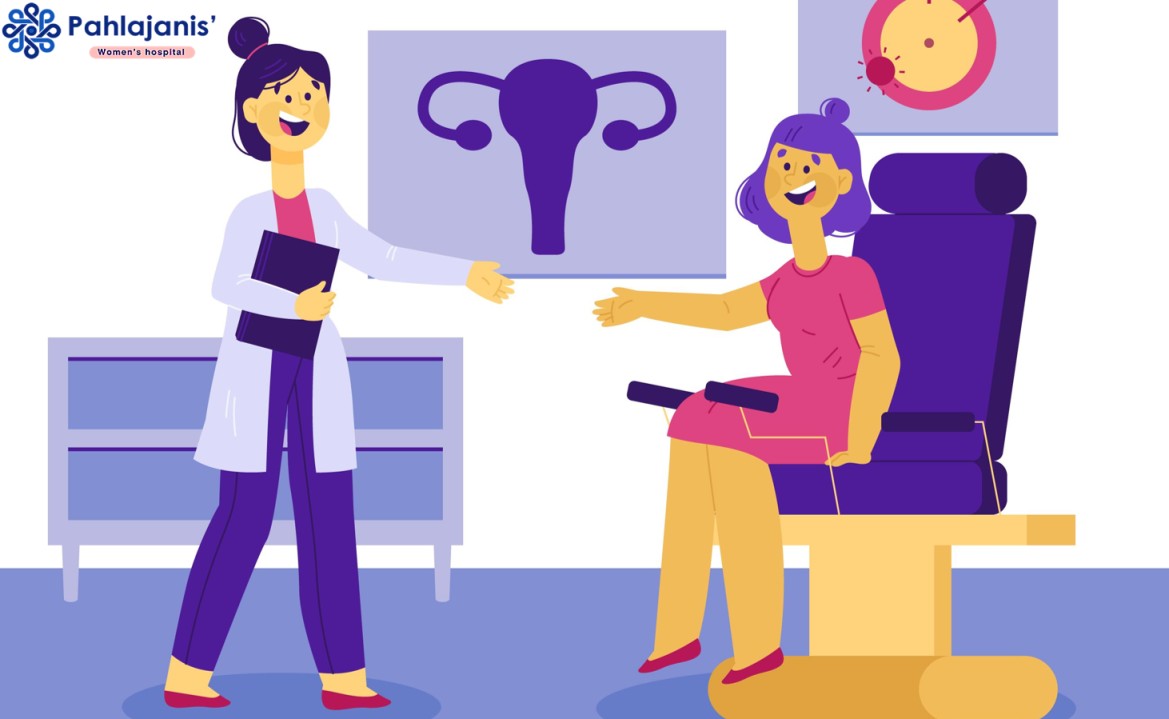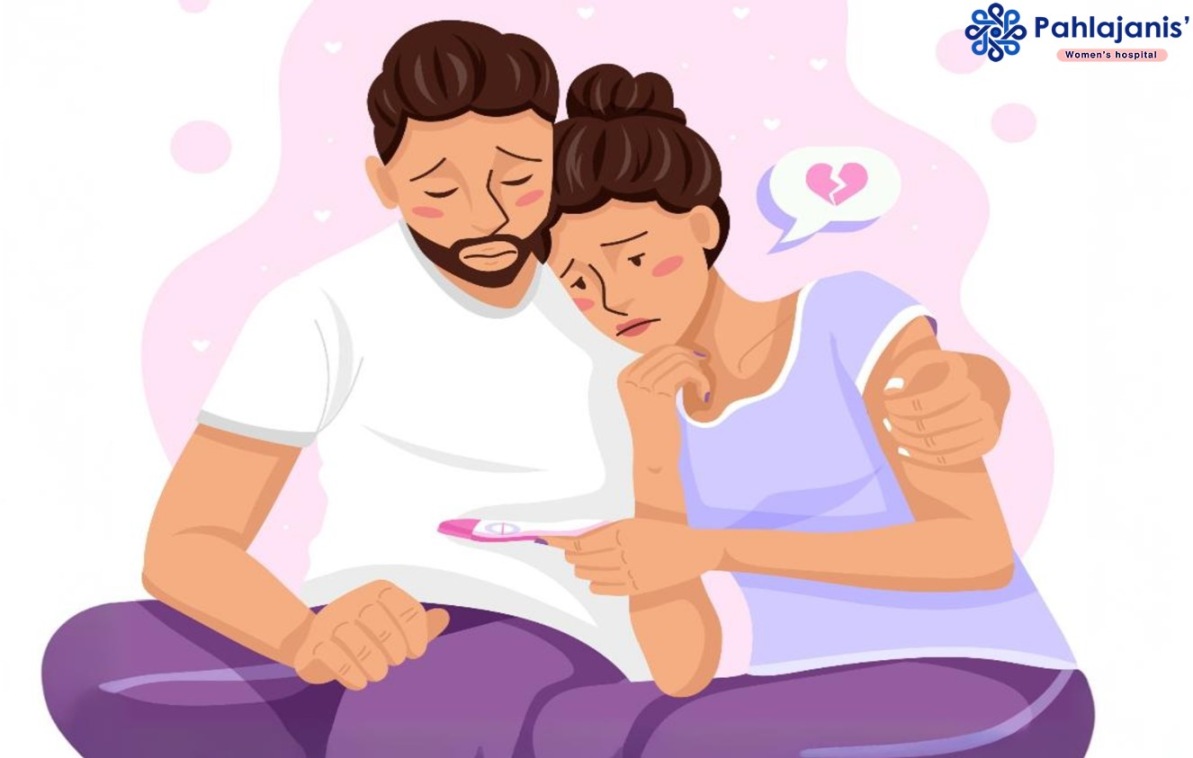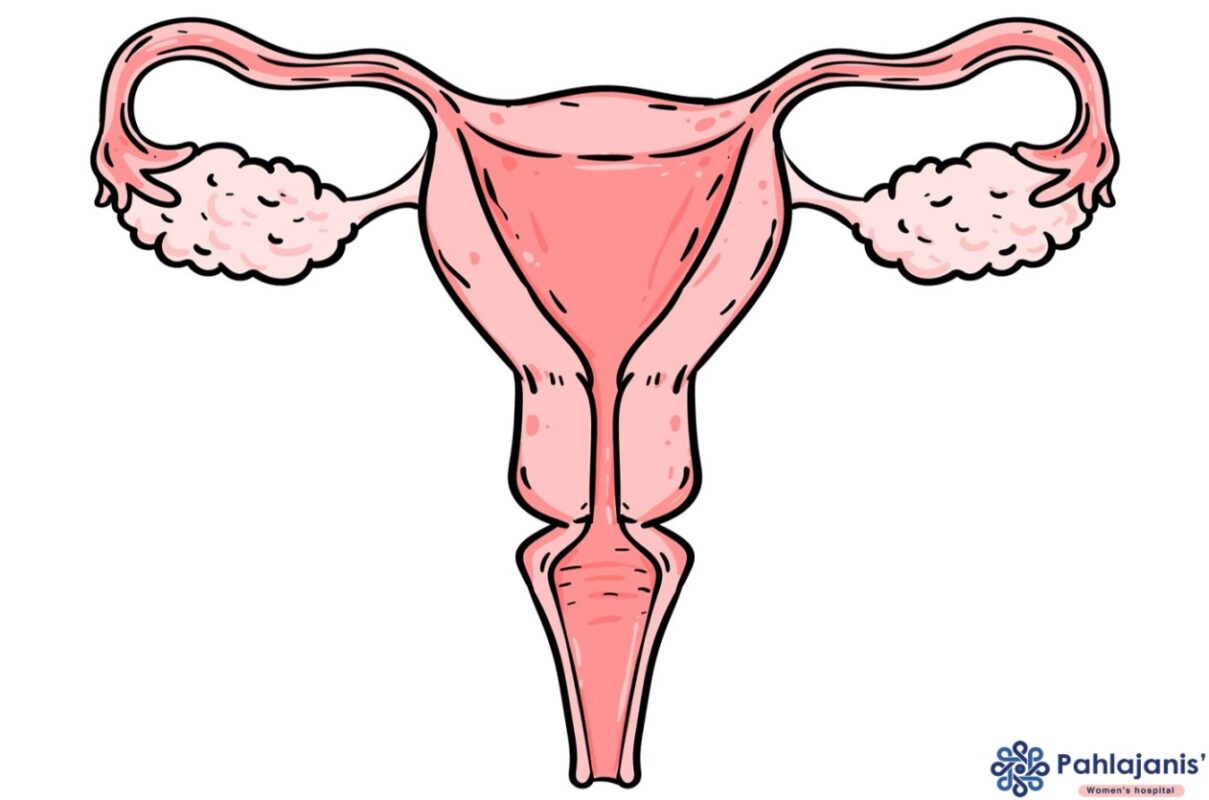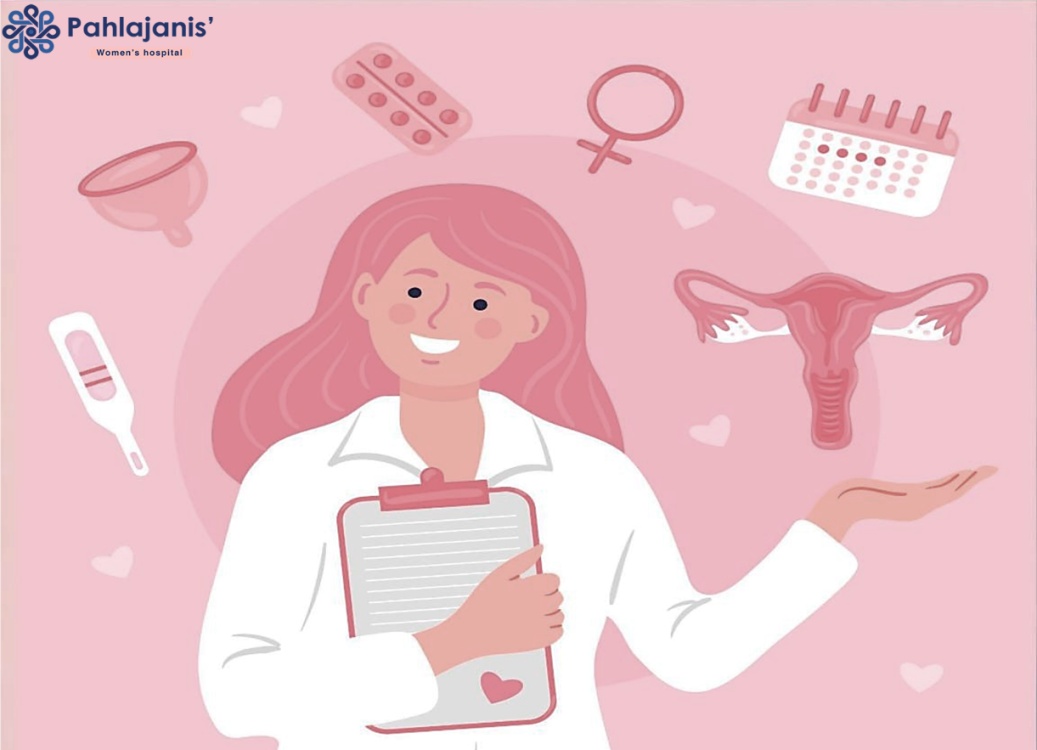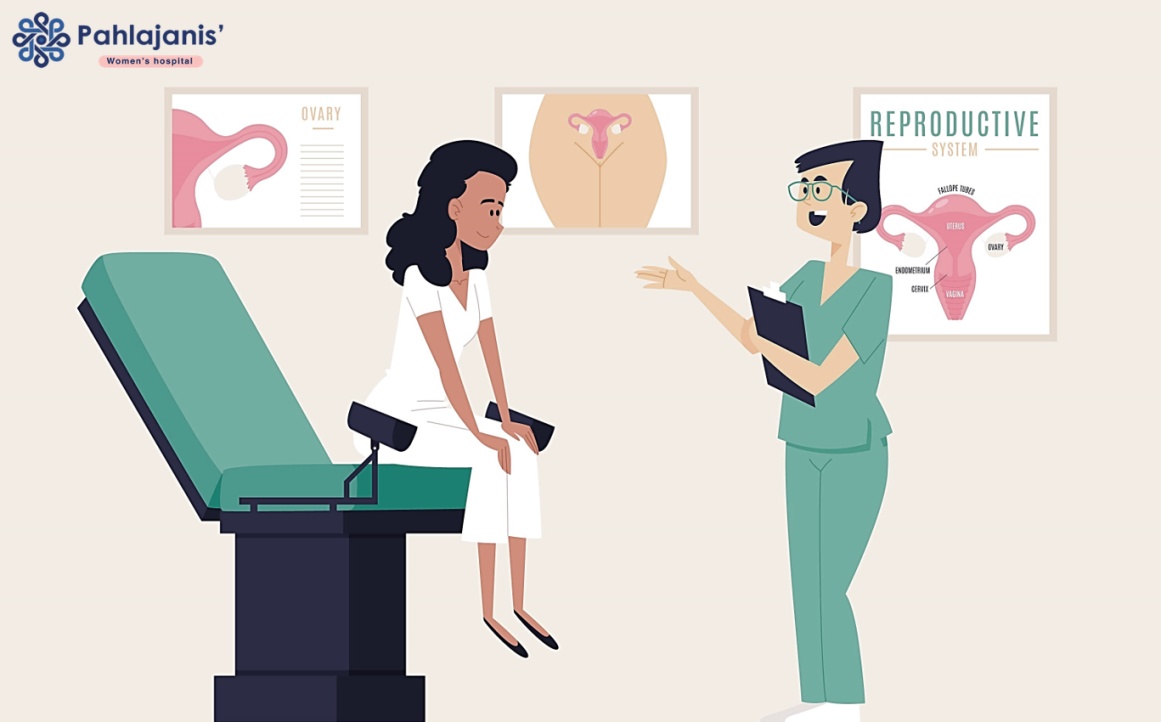A vaginal hysterectomy is a surgical procedure to remove the uterus through the vagina. It is often performed to address specific gynecological health issues that significantly impact a woman’s daily life. Studies suggest that approximately 600,000 hysterectomies are performed annually in the United States alone, making it one of the most common gynecological surgeries. Recognizing the signs and symptoms can help you consult with a qualified gynecologist in Raipur to make the best decision for your health. Here are ten common signs you might need a vaginal hysterectomy.
Heavy Menstrual Bleeding
If you experience extremely heavy periods that last longer than normal, it may be more than just a minor inconvenience. Heavy bleeding can affect your daily life and lead to anemia or fatigue. This condition is often linked to issues like fibroids or endometriosis, which can be treated with a hysterectomy surgery. According to research, 20% to 30% of women experience heavy menstrual bleeding, and for some, surgery becomes the only viable solution.
What to Do: Visit a gynecologist to evaluate your symptoms and explore whether a vaginal hysterectomy is the right solution.
Severe Pelvic Pain
Persistent or severe pelvic pain is a warning sign of underlying gynecological health issues, such as endometriosis or adenomyosis. When other treatments fail to relieve the pain, a vaginal hysterectomy may provide lasting relief. Reports indicate that about 10% of women of reproductive age suffer from endometriosis, a common cause of chronic pelvic pain.
Key Point: For women in Raipur experiencing pelvic pain, consulting a specialist can help determine the best pelvic pain solutions available locally.
Uterine Prolapse
Uterine prolapse occurs when the uterus slips into the vaginal canal due to weakened pelvic muscles. This condition can cause discomfort, difficulty with urination, and even walking. According to statistics, nearly 50% of women over the age of 50 experience some form of pelvic organ prolapse.
Why It Matters: A vaginal hysterectomy is a common uterine prolapse treatment that can restore your comfort and quality of life.
Endometriosis
Endometriosis is a painful condition where tissue similar to the uterine lining grows outside the uterus. It often leads to chronic pain, infertility, and heavy bleeding. Studies estimate that 1 in 10 women worldwide have endometriosis. When medications and other treatments fail, endometriosis surgery through a vaginal hysterectomy may be necessary.
Tip: Early diagnosis and treatment can reduce the need for surgery, so don’t delay seeking medical advice.
Chronic Gynecological Health Issues
If you’ve been dealing with recurring gynecological problems like fibroids, polyps, or ovarian cysts, these issues may disrupt your daily life. When conservative treatments don’t work, a hysterectomy surgery could be the best option. Fibroids affect an estimated 70% to 80% of women by the age of 50, and for some, surgery is the only effective treatment.
What to Watch For: Recurring symptoms such as pelvic pressure or irregular bleeding should be discussed with a trusted gynecologist in Raipur.
Abnormal Uterine Bleeding
Bleeding between periods or after menopause is often a sign of more serious problems, such as uterine cancer or hyperplasia. A vaginal hysterectomy might be recommended to address these issues and prevent further complications. Statistics show that 5% to 10% of postmenopausal women experience abnormal bleeding, which requires immediate evaluation.
Next Step: Always report abnormal bleeding to your doctor immediately.
Difficulty in Urination or Bowel Movements
Some women experience difficulty with urination or bowel movements due to uterine problems like fibroids or prolapse. These symptoms can make everyday activities uncomfortable or even painful.
Solution: A vaginal hysterectomy can alleviate these symptoms by addressing the root cause, offering a permanent solution to these debilitating problems.
Painful Intercourse
Pain during intercourse, known as dyspareunia, can be caused by several conditions, including uterine fibroids or endometriosis. If other treatments don’t work, a vaginal hysterectomy might be an option to relieve your discomfort. Reports indicate that up to 75% of women with endometriosis experience painful intercourse.
Reminder: Open communication with your doctor is key to finding the best solution for painful intercourse.
Uterine Fibroids
Fibroids are non-cancerous growths in the uterus that can cause heavy bleeding, pelvic pain, and bladder pressure. When they grow too large or fail to respond to treatments, a vaginal hysterectomy might be the most effective solution. Studies reveal that approximately 25% of women with fibroids require surgical intervention.
Did You Know? Many women in Raipur opt for minimally invasive surgeries like vaginal hysterectomy to treat fibroids with shorter recovery times.
Cancer or Precancerous Conditions
In some cases, a vaginal hysterectomy is recommended to treat or prevent cancers of the uterus, cervix, or ovaries. Early intervention is crucial for better outcomes. Uterine cancer is the fourth most common cancer among women globally, highlighting the importance of timely treatment.
Action Plan: Regular gynecological check-ups can help detect cancer early, allowing for timely treatment.
When to Consult a Gynecologist
If you’re experiencing any of these signs, it’s time to talk to a specialist. A gynecologist in Raipur can perform a thorough evaluation and recommend whether a vaginal hysterectomy is right for you. Early diagnosis and treatment can significantly improve your quality of life.
Benefits of Vaginal Hysterectomy
A vaginal hysterectomy offers several advantages, including:
- Shorter recovery time: Most women recover within 4 to 6 weeks.
- Less pain and scarring: The procedure is minimally invasive.
- Reduced risk of complications: Compared to abdominal surgeries.
- Faster return to daily activities: Many women resume light activities within 2 weeks.
This minimally invasive procedure is ideal for women who meet specific medical criteria.
Preparing for the Surgery
Before undergoing a vaginal hysterectomy, your doctor will guide you through pre-surgery preparations, including:
- A complete health check-up.
- Blood tests and imaging studies.
- Discussions about potential risks and benefits.
Make sure to follow all preoperative instructions carefully to ensure a smooth recovery.
Final Thoughts
Understanding the need for vaginal hysterectomy can help you make informed decisions about your health. Whether you’re dealing with heavy menstrual bleeding, pelvic pain, or other gynecological issues, this surgery can offer long-lasting relief. If you’re in Raipur, consult a trusted gynecologist to discuss your symptoms and explore your options.
Your health is important, and taking the right steps now can lead to a happier, healthier future.

